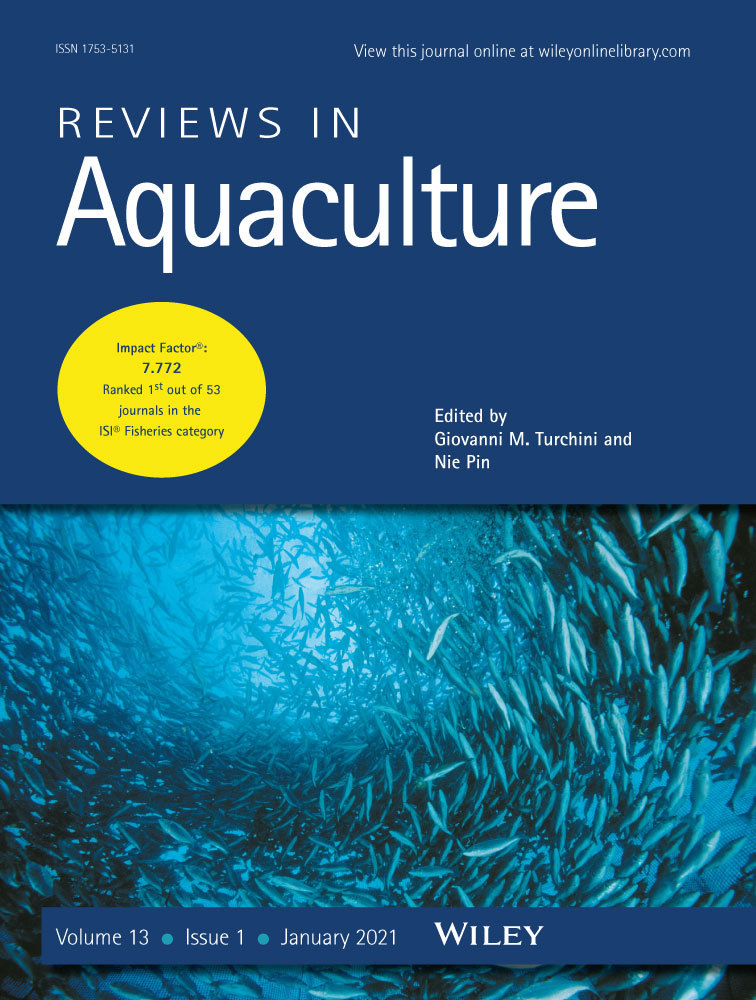Samwel Mchele Limbu de l’Université de Dar es Salaam, Tanzanie, a publié un nouvel article dans le journal Reviews in Aquaculture :
A global analysis on the systemic effects of antibiotics in cultured fish and their potential human health risk: a review
https://doi.org/10.1111/raq.12511
Abstract :
The rearing of fish in intensive systems reduces their immunity leading to eruption of diseases, consequently prompting the use of antibiotics. Antibiotics are currently used in cultured fish globally to treat/prevent diseases. On the one hand, antibiotics used in aquaculture help to improve fish health by killing or inhibiting pathogenic bacteria proliferation. However, on the other hand, they cause multiple side effects. To date, information on systemic effects of antibiotics in cultured fish is scattered and their potential human health risk remains elusive. This review critically analyses and discusses the available information in the literature on the positive and negative effects of antibiotics in cultured fish and their potential human health risk via fish consumption. The review found 44 different antibiotics dominated by oxytetracycline were studied in various fish species worldwide. Antibiotics used in global aquaculture either decrease or increase fish growth and survival rates. They induce oxidative stress, which affect antioxidant and detoxification responses and cause host–microbiota dysbiosis. These changes compromise the fish immunity system, which ultimately lead to cellular damage. The toxicities generated inhibit the fish aerobic glycolysis, suppress lipogenesis and fatty acid β-oxidation while increase energy demand by initiating gluconeogenesis and anaerobic glycolysis. Consumption of fish treated with antibiotics causes human health risk. Future studies are required on agents to restore dysfunctions induced by antibiotics in cultured fish, while attempts to limit their utilisation in aquaculture production are underway.






